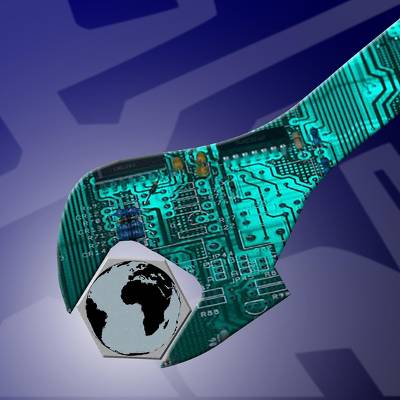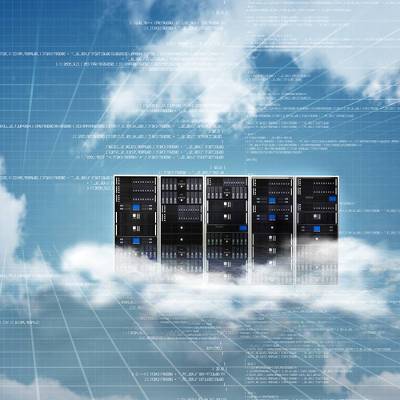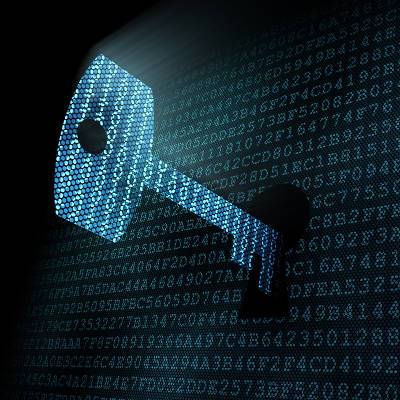Despite the industries that can be classified as “professional services” being widely varied, many of them could find considerable benefits in enlisting support from a managed service provider. Let’s examine a few of the solutions that an MSP offers, and how these solutions could help a business achieve more during the workday.
Macro Systems Blog
IT is meant to help your business function more efficiently, not impede operations. This is the cornerstone of the way that most businesses need to think about technology maintenance. Unfortunately, there are some businesses that either don’t have dedicated IT support, or waste valuable time and resources working with break-fix providers who don’t have their organization’s best interests in mind. To keep your organization from falling victim to these practices, you should consider managed IT for your technology maintenance.
Communications are crucial for any business. Whether you own a restaurant, a junkyard, or a corporation that is looking to go public, communications are a base line item on any business’ long term plan. Communication drives sales, collaboration, and the support of your offerings. Are you leveraging the best communications technology for your needs?
As a business, your clients trust that you’re taking every measure possible to protect data, like personal information or financial records. However, with the number of businesses using electronic records continuing to climb, along with the rise of cybercrime attacks, many industries have begun to impose regulations and compliances that are designed to keep personal information secure. Health and finance are two of the most heavily regulated industries, with the government having stepped in and set a specific standard of data security regulations that these companies must comply with.
Managing a business is a tedious endeavor where time is a precious commodity. Therefore, it’s the goal of every business owner to dedicate as much of their time as possible to leading profit-making initiatives, which, let’s face it, can’t happen if you’re busy troubleshooting computer and network problems.
If you’re like most small businesses, chances are that you have one or two servers in your office that are dedicated to storing and distributing data on your in-house network. Without these machines, you would be in a rough spot. Users wouldn’t be able to access data and your operations would suffer. But what if we told you that there is an easier way to manage data and increase user accessibility that doesn’t include managing server hardware?
With the surge in the number of small and medium businesses that have fallen prey to malware and cyber criminals, there is a lot of focus of what an organization can do to prevent being a victim and how the company should handle themselves after an attack. There is another key factor to preventing cyber criminals from penetrating into your network: your employees.
When people talk about a business’ efficiency, it’s typically referring to the ability for the organization to bring a product or service to market quickly with a small amount of wasted resources. The prevailing theory is that an efficiently-run business costs less, makes more, and grows faster than one that is inefficient. With the way business is headed--that is, with smaller profit margins than ever before--boosting efficiency has become a core business strategy. In fact, in today’s technology-driven marketplace, there are many that would argue that the efficient business is the only good business.













